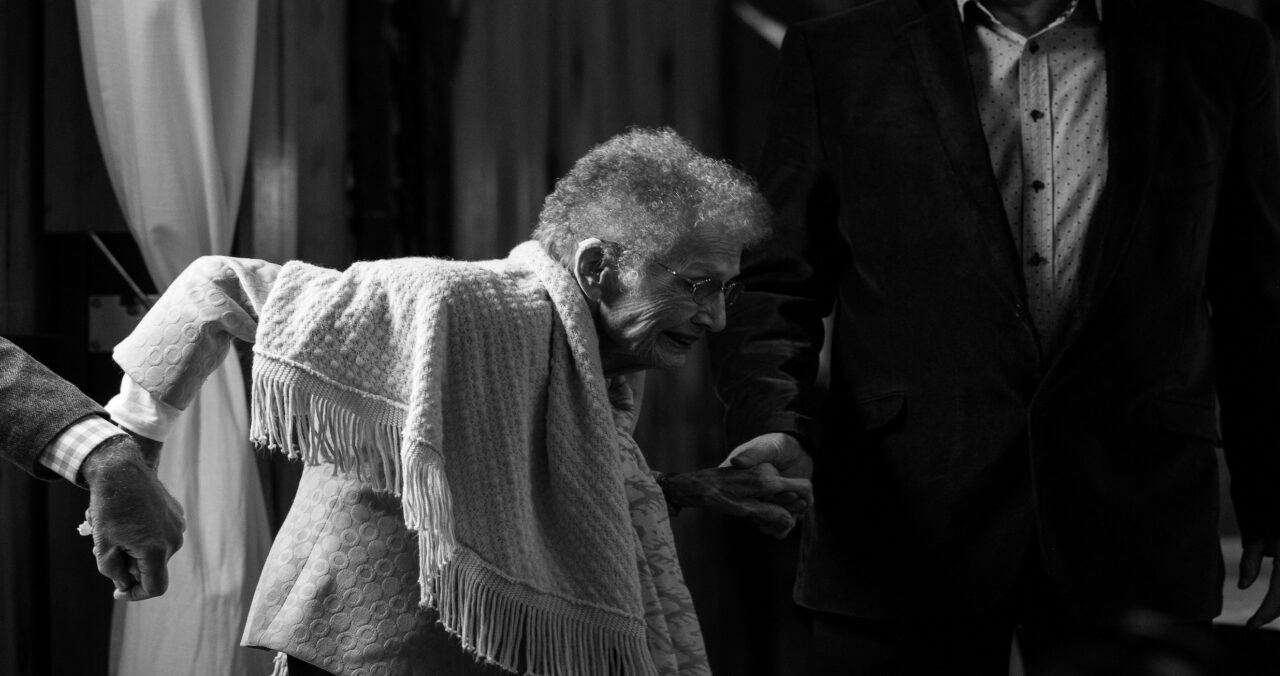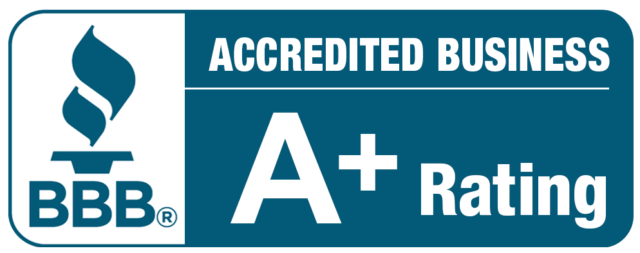Many common misconceptions about home care have been over the years that many assume truly even without confirmation. For instance, some assume that home care is a way of lifting the burden of caring for the aged off the shoulders of their loved ones.
How true is that?
These and many more misconceptions are being peddled.
However, this guide seeks to discuss those misconceptions by bringing them to light and enlightening our readers. Also, home care is not just for the elderly or seniors, home care is also for people who are just recovering from an illness or just got home after a surgery or medical procedure.
Furthermore, home care is for those who cannot care for themselves independently. Therefore, home care is an essential service that allows individuals to receive personalized care in the comfort of their own homes.
Without knowledge, misconceptions spread. There are several misconceptions surrounding home care that can create unnecessary doubts and confusion.
Here, we will debunk 15 common misconceptions about home care, shedding light on the realities and benefits of this valuable healthcare option.
15 Common Misconceptions about Home Care
Now let’s delve into a few of these misconceptions in detail:
#1. Home Care is Only for the Elderly
Contrary to popular belief, home care is not exclusively for the elderly. It is a flexible care option suitable for individuals of all ages who require assistance due to illness, injury, or disability.
Whether someone needs help with daily activities, medication management, or recovery from surgery, home care services can provide the necessary support and ensure a high quality of life, Geriatric Care inclusive.
#2. Home Care is Expensive
One of the most common misconceptions is that home care is prohibitively expensive. While there are costs associated with home care, it is often more cost-effective than alternative options like nursing homes or assisted living facilities.
Home care allows individuals to receive personalized care tailored to their specific needs, eliminating the need for unnecessary expenses that come with institutional care settings.
#3. Home Care Provides Low-Quality Care
Some people believe home care cannot match the quality of care provided in medical institutions. However, home care agencies employ highly trained and qualified professionals, including registered nurses and licensed caregivers.
These professionals provide a wide range of services, from medication management to wound care, ensuring that individuals receive the highest standard of care in the comfort of their own homes.
#4. Home Care Isolates Individuals
Another misconception is that home care isolates individuals from social interaction. On the contrary, home care providers understand the importance of socialization and can facilitate opportunities for social engagement. Most engage elders in Cognitive Activities that they play with others.
Caregivers can accompany clients to community events, and support group meetings, or help them stay connected with friends and family through technology. By promoting social interaction, home care enhances overall well-being and combats feelings of loneliness.
#5. Home Care is Limited to Medical Needs
Home care extends beyond medical needs and encompasses a comprehensive range of services. In addition to medical assistance, caregivers can help with activities of daily living (ADLs), such as sponge-bathing, dressing and undressing, cleaning, and meal planning and preparation.
They can also provide companionship, assistance with transportation, and even light housekeeping. The goal of home care is to enhance the overall quality of life by meeting the individual’s physical, emotional, and social needs.
#6. Home Care is Only Temporary
Contrary to popular belief, home care is not solely a short-term solution. While it can be utilized during recovery from an illness or injury, it can also be a long-term care option for individuals with chronic conditions such as Parkinson’s or Alzheimer’s, or disabilities.
Home care agencies are equipped to provide ongoing support and adapt to changing needs, ensuring individuals can remain in their homes and communities for as long as possible.
#7. Home Care Is Invasive
Some people worry that home care intrudes upon their privacy or disrupts their daily routines. However, home care services are tailored to respect individual preferences and maintain independence.
Caregivers work collaboratively with clients and their families to develop personalized care plans that align with their routines and preferences, promoting a sense of control and autonomy.
#8. Home Care Providers Are Untrustworthy
One of the common misconceptions is that home care providers may not be reliable or trustworthy. However, reputable home care agencies thoroughly vet their staff, conducting background checks, verifying credentials, and ensuring they possess the necessary qualifications.
Additionally, home care agencies often provide ongoing training and supervision to maintain the highest standards of care. Clients and their families can also research and choose home care providers based on their reputation and client testimonials.
#9. Home Care is a Burden on Family Members
Some individuals believe that home care will place an overwhelming burden on family members. On the contrary, home care services can alleviate the physical and emotional strain on family caregivers.
By enlisting professional support, family members can focus on their well-being and maintain a healthy work-life balance. Home care providers can step in to offer respite care, allowing family caregivers to take breaks and recharge while ensuring their loved ones receive uninterrupted care.
#10. Home Care is Unregulated
Another misconception is that home care operates in an unregulated environment. In reality, home care agencies must adhere to strict regulations and guidelines set by governing bodies. These regulations ensure that agencies provide safe, reliable, and quality care to their clients.
It is crucial for individuals seeking home care services to choose agencies that are licensed, bonded, and insured to guarantee their compliance with industry standards.
#11. Home Care is Only for Those with Serious Medical Conditions
While home care is an excellent option for individuals with severe medical conditions, it is not exclusive to them.
Home care services are also suitable for those who require assistance with activities of daily living, such as mobility support or help with household tasks.
It is a versatile care option that can be tailored to meet the specific needs and preferences of each individual.
#12. Home Care is a Replacement for Family Involvement
Home care is not intended to replace family involvement; rather, it complements it. Family members play a crucial role in caring for their loved ones and home care providers work collaboratively with families to ensure the best possible care.
They can provide support, education, and guidance to family members, empowering them to actively participate in the care process and enhance their loved one’s well-being.
#13. Home Care is Only for Individuals Living Alone
Contrary to popular belief, home care is not exclusively for individuals living alone. It can benefit individuals residing with their families as well.
Home care services can provide respite care for family caregivers, assist with managing the care recipient’s needs, and offer additional support to promote a harmonious living environment.
#14. Home Care Providers are Unavailable in Emergency Situations
Individuals worry that home care providers may not be readily available during emergencies. However, reputable home care agencies have protocols in place to handle emergencies promptly.
They maintain clear communication channels and can coordinate with emergency services, ensuring the safety and well-being of their clients at all times. This preparedness gives peace of mind to the care recipient and their family members.
#15. Home Care Diminishes Independence
A common misconception is that home care diminishes an individual’s independence. On the contrary, home care promotes independence by providing personalized assistance that allows individuals to continue living in their own homes.
Care plans are designed to empower individuals, fostering autonomy while addressing their specific needs. Home care providers prioritize maintaining dignity and promoting self-sufficiency, enabling clients to retain control over their lives to the fullest extent possible.
Knowing the truth about these misconceptions about home care agencies is crucial to help individuals make informed decisions regarding their healthcare options. Home care offers personalized, cost-effective, and high-quality care for individuals of all ages and needs.
At this point, you know what is right and what the next step to take is.
We hope you found this guide helpful.
If you are in Indiana and looking for how to access quality care services and personalized client care plans, visit Good Hands home care agency, where care is offered with professionalism and efficiency.





